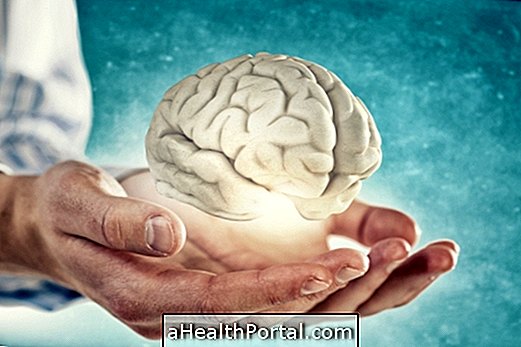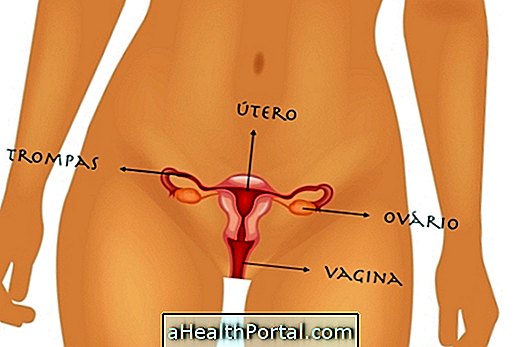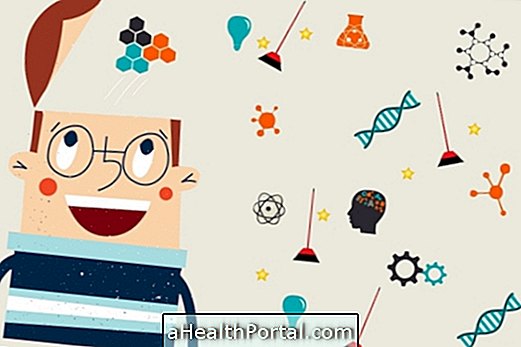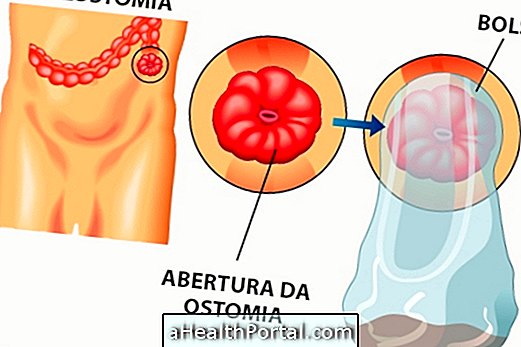The brain is one of the most important organs of the human body, without which life is not possible, however, little is known about the functioning of this vital organ.
However, many studies are done every year and we already know some interesting curiosities:
1. Weighs about 1.3 kg
Although it accounts for only 2% of an adult's total weight, weighing approximately 1.3 kg, the brain is the organ that consumes the most oxygen and energy, consuming up to 20% of the oxygen-rich blood pumped by the heart.
In some cases, when you are doing a test or studying, for example, the brain can even spend up to 50% of all available oxygen in the body.

2. It has 160 thousand km of blood vessels
The brain is not the largest organ in the human body, however, to receive all the oxygen it needs to work properly, it contains many blood vessels that if placed face-to-face would reach up to 160, 000 km, enough to give 4 complete turns to planet earth.
3. Size does not matter
Different people have brains of different sizes, but that does not mean that the bigger the brain, the greater the intelligence or memory. In fact, the brain of the present humanity is much smaller than it was 5, 000 years ago, but the average IQ has increased over time.
One possible explanation for this fact is that the brain is becoming more and more efficient to function better with a smaller size, spending less energy.
4. We use more than 10% of the brain
Contrary to popular belief, humans do not use only 10% of their brain. In fact, all parts of the brain have a specific function, and although they are not all functioning at the same time, almost all of them are active during the day, quickly exceeding the 10% mark.

5. There is no explanation for dreams
Almost everyone dreams of something every night, even if they do not remember the next day. However, although it is a universal event, there is still no scientific explanation for the phenomenon.
Some theories point out that it is a way for the brain to stay stimulated during sleep, but others also explain that it can be a way to absorb and store the thoughts and memories that have been taken during the day.
6. You can not tickle yourself
One of the most important parts of the brain, known as the cerebellum, is responsible for the movement of the various parts of the body and therefore is able to predict sensations, which means that the body does not have a normal response to the ticks made by the person, since the brain is able to know exactly where each finger will touch the skin.
7. You can not feel pain in the brain
There are no pain sensors in the brain and for this reason it is not possible to feel the pain of cuts or strokes directly in the brain. That is why neurosurgeons can do surgeries while they are awake, without the person feeling pain.
However, there are sensors in the membranes and skin that cover the skull and brain, and it is this pain that occurs when accidents occur that cause head injuries or during a simple headache, for example.

























